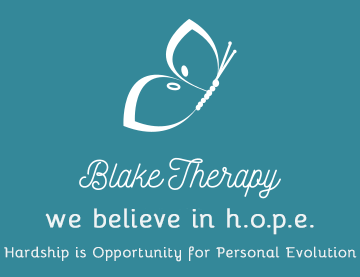When might it be important to consult a therapist about the eating patterns of yourself or a loved one?
Some reasons might include:
- Your/their eating feels out of control
- Your/their thoughts are on food and weight much of the time
- Your/their eating and weight unduly determine how you feel about yourself
- A good or bad day is determined by your/their eating or weight
- Your/their eating is determined by your emotional state
- You/they put off important goals and activity UNTIL you/they lose weight
- You/they are ashamed to eat in front of others
- It feel like you/they are constantly “making up for” something eaten
- You/they exercise compulsively or to compensate for food choices
- You/they create rigid food rules that are unhealthy or unsustainable
When eating isn’t just about food…
Knowing how best to fuel our bodies is essential to good food choices, but sometimes the scientific information remains confusing, and it’s so easy to fall back into old, problematic patterns and habits. Even when we suspect there might be a problem, why is it so hard to change things? The struggle is based in the fact that eating is a very complex behavior, influenced by such things as culture, past experiences, emotional issues, and coping styles. In our society, eating and weight have unfortunately become bogged down in meaning and expectations that excessively and unjustly influence how we see ourselves and others. Food has become a moral issue, further complicating our relationship and responses to it.
If you have tried modifying eating patterns, but continue to feel stuck or out of control, it may be time to see a therapist (counselor, social worker, psychologist) who specializes in eating-related issues. The therapist will help you assess what’s going on, and will generate a plan to address issues. Treatment recommendations might include individual counseling, family counseling, and/or nutritional counseling. Treatment can help you to to better understand how underlying needs and feelings may be unduly influencing eating patterns. Common issues therapists address include turning to food for comfort, out of boredom, or to deal with distressing thoughts or feelings. Conversely, therapists often work with people who are inappropriately choosing to restrict eating, for a sense of control, proof of being good enough, or avoidance of overwhelming emotional demands (especially at times of transition). Often individuals experience both of these problematic eating patterns, at the same time or at different times in their lives. And these patterns can worsen and become a significant risk to health and certainly to happiness and quality of life. Reaching out for help and information is the first step.



